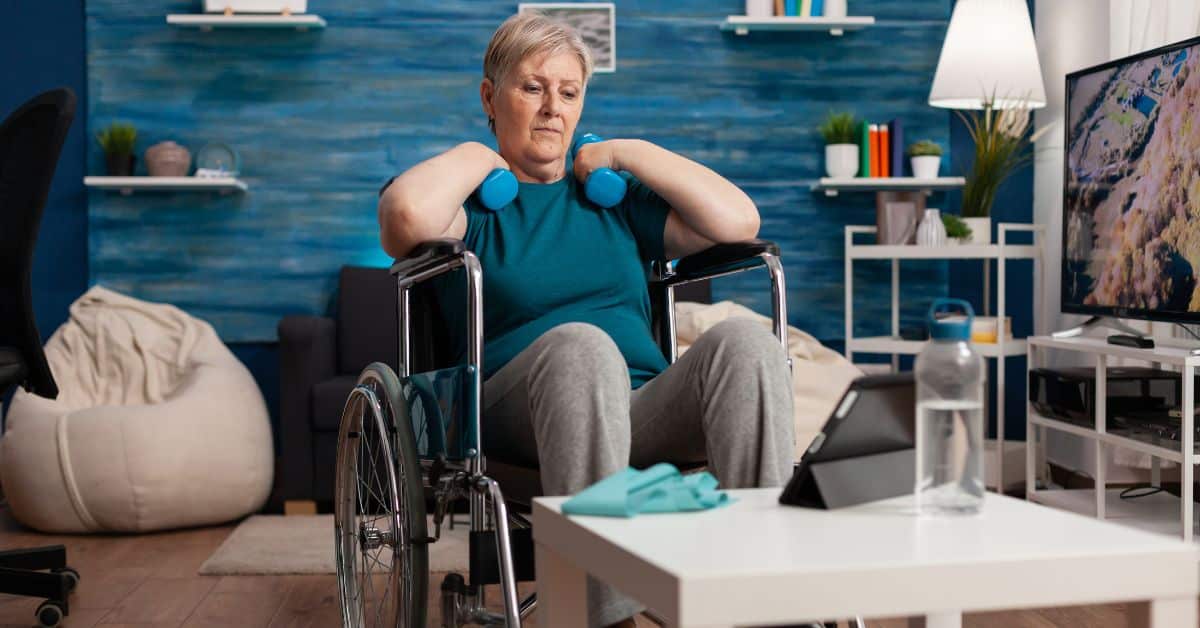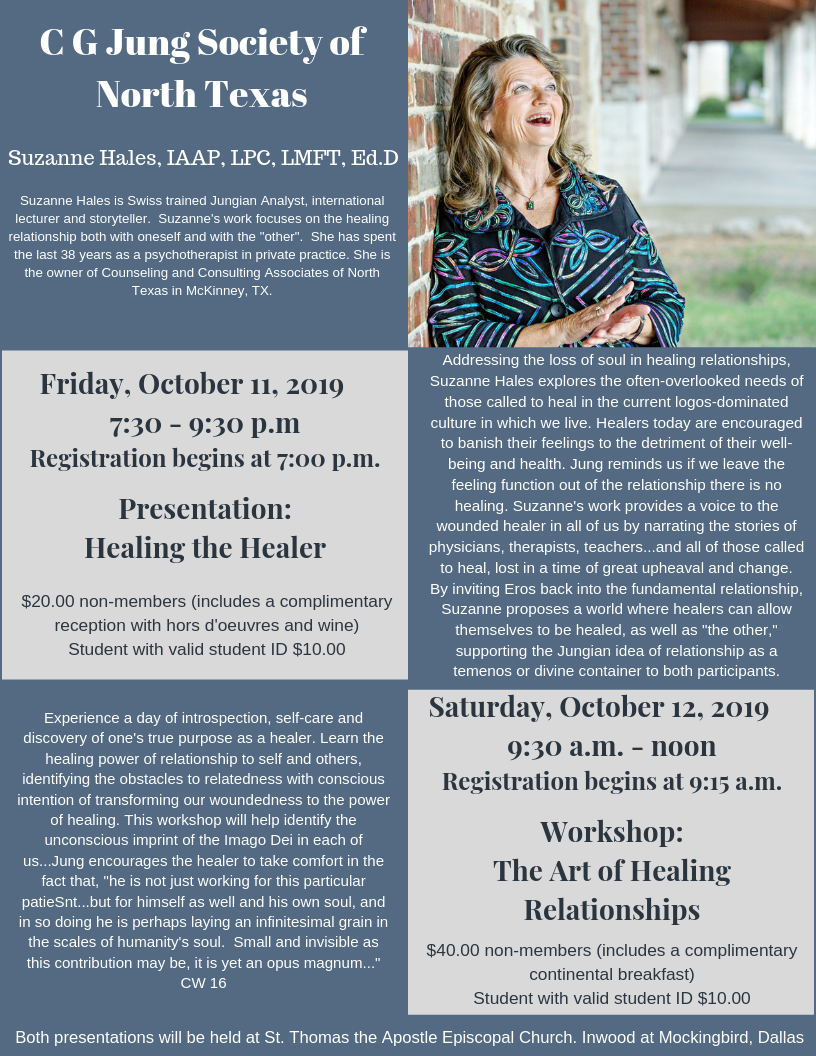Major Depressive Disorder (MDD) is a common but serious mental health condition that affects millions globally. A common question that arises is whether MDD qualifies as a disability. This article will explore the legal and medical definitions of disability, focusing on Major Depressive Disorder. We’ll break down the criteria, discuss workplace rights, and examine the impacts on daily life, providing clarity for those seeking accommodations or assistance.
What is Major Depressive Disorder?
Major Depressive Disorder, often referred to as clinical depression, is characterized by persistent sadness, lack of interest in activities, changes in appetite, sleep disturbances, and an inability to function normally in daily life. It is not just feeling “down” but is a severe mental health condition that can affect a person’s ability to work, study, or even interact socially.
Legal Recognition of Major Depressive Disorder as a Disability
Under various legal frameworks, including the Americans with Disabilities Act (ADA) in the United States, Major Depressive Disorder can be recognized as a disability if it meets specific criteria. To be classified as a disability, MDD must significantly limit one or more major life activities. This includes the ability to work, learn, or carry out daily tasks.
Can MDD Be Considered a Disability Under the ADA?
- Yes, under the ADA, individuals with severe Major Depressive Disorder may qualify for protection if their depression severely limits their ability to perform essential functions in life.
- Employees with MDD may be entitled to workplace accommodations such as flexible working hours, remote work options, or adjusted duties.
Factors That Determine If MDD is a Disability
Severity and Duration of Symptoms
The severity and duration of Major Depressive Disorder symptoms play a crucial role in determining if the condition qualifies as a disability. For MDD to be considered a disability:
- Symptoms must be persistent (lasting for at least two weeks).
- Symptoms must significantly impair daily life, including the ability to work, engage in social activities, or maintain relationships.
Medical Diagnosis and Professional Evaluation
A healthcare professional’s diagnosis is critical. They assess the severity of the condition and determine whether the symptoms interfere with a person’s ability to function in various aspects of life. If the depression is severe and long-lasting, it may qualify as a disability under applicable laws.
Workplace Rights for Individuals with Major Depressive Disorder
Legal Protections and Accommodations
Under the ADA, individuals with MDD may be entitled to workplace accommodations to help them manage their condition. These accommodations can include:
- Flexible working hours
- Remote work options
- Adjustments to job responsibilities
- Supportive management and a reduction in workload
It’s important for individuals with MDD to communicate their needs with their employer and seek the necessary adjustments to support their health and productivity.
Disability Benefits and MDD
In certain cases, individuals with MDD may also be eligible for disability benefits. The Social Security Administration (SSA) in the U.S. recognizes Major Depressive Disorder as a condition that can qualify for disability benefits if it is severe enough to prevent the person from working for at least 12 months.
How Does MDD Impact Daily Life and Functioning?
Effects on Work and Productivity
Major Depressive Disorder can severely affect a person’s ability to work. Symptoms such as fatigue, difficulty concentrating, and lack of motivation may result in reduced productivity or frequent absenteeism. This can complicate a person’s career and job performance, potentially leading to job loss if not properly addressed.
Impact on Social Interactions and Relationships
MDD can also affect personal relationships. Individuals with MDD may withdraw socially, struggle to engage with others, or face challenges in maintaining relationships. The emotional toll of the disorder can make socializing and participating in family events difficult, contributing to a sense of isolation.
Is Treatment Important for MDD to Be Considered a Disability?
While treatment for MDD, including medication and therapy, can greatly improve symptoms, the inability to function effectively in daily life despite treatment can still classify MDD as a disability. The condition’s duration and impact on daily life remain essential in determining its status, regardless of treatment efforts.
Common Treatments for MDD
- Psychotherapy: Cognitive Behavioral Therapy (CBT) and other forms of counseling can be highly effective.
- Medications: Antidepressants like SSRIs and SNRIs are commonly prescribed.
- Lifestyle Changes: Regular exercise, healthy eating, and mindfulness practices can help alleviate symptoms.
Frequently Asked Questions (FAQs)
1. Can Major Depressive Disorder be classified as a disability?
Yes, if the symptoms of MDD significantly limit major life activities, such as working, learning, or socializing, it can be considered a disability under various laws like the ADA.
2. How do I know if my MDD qualifies as a disability?
A healthcare professional can evaluate your condition to determine whether your depression severely limits your ability to function in daily life. Legal criteria, such as those under the ADA, also play a key role.
3. Can I receive workplace accommodations for Major Depressive Disorder?
Yes, individuals with MDD may be entitled to accommodations such as flexible work hours, remote working options, or adjusted duties to help them manage their symptoms.
4. Does treatment for MDD affect whether it’s considered a disability?
While treatment may help alleviate symptoms, the severity and impact of the condition on daily life are the main factors in determining disability status.
5. Can I receive disability benefits for Major Depressive Disorder?
In some cases, if MDD is severe enough to prevent you from working for an extended period, you may be eligible for disability benefits, such as those provided by the Social Security Administration.
Conclusion
In conclusion, Major Depressive Disorder can be classified as a disability, depending on its severity, duration, and impact on a person’s ability to perform everyday activities. Legal protections under frameworks like the ADA allow individuals with MDD to seek accommodations in the workplace and other settings. For those struggling with this condition, understanding your rights and seeking appropriate treatment is crucial for maintaining a productive and fulfilling life.



